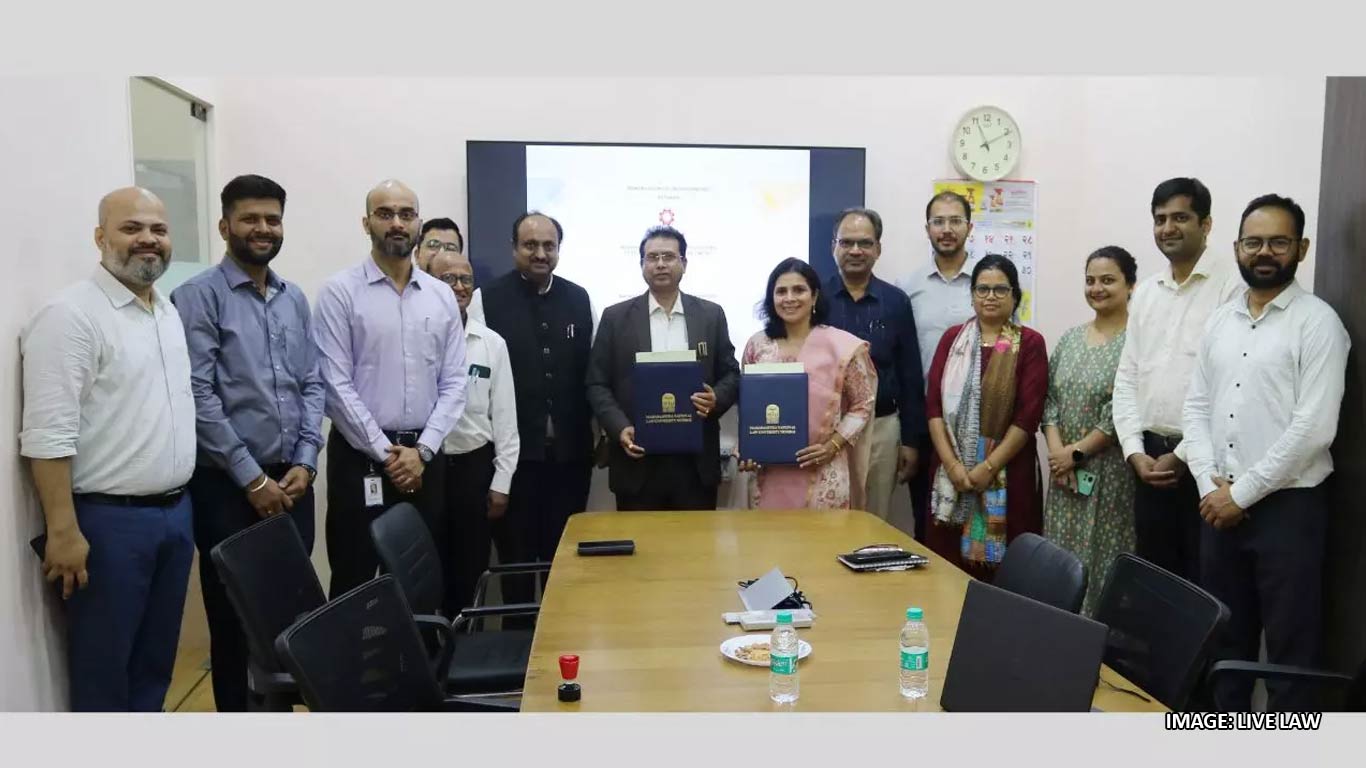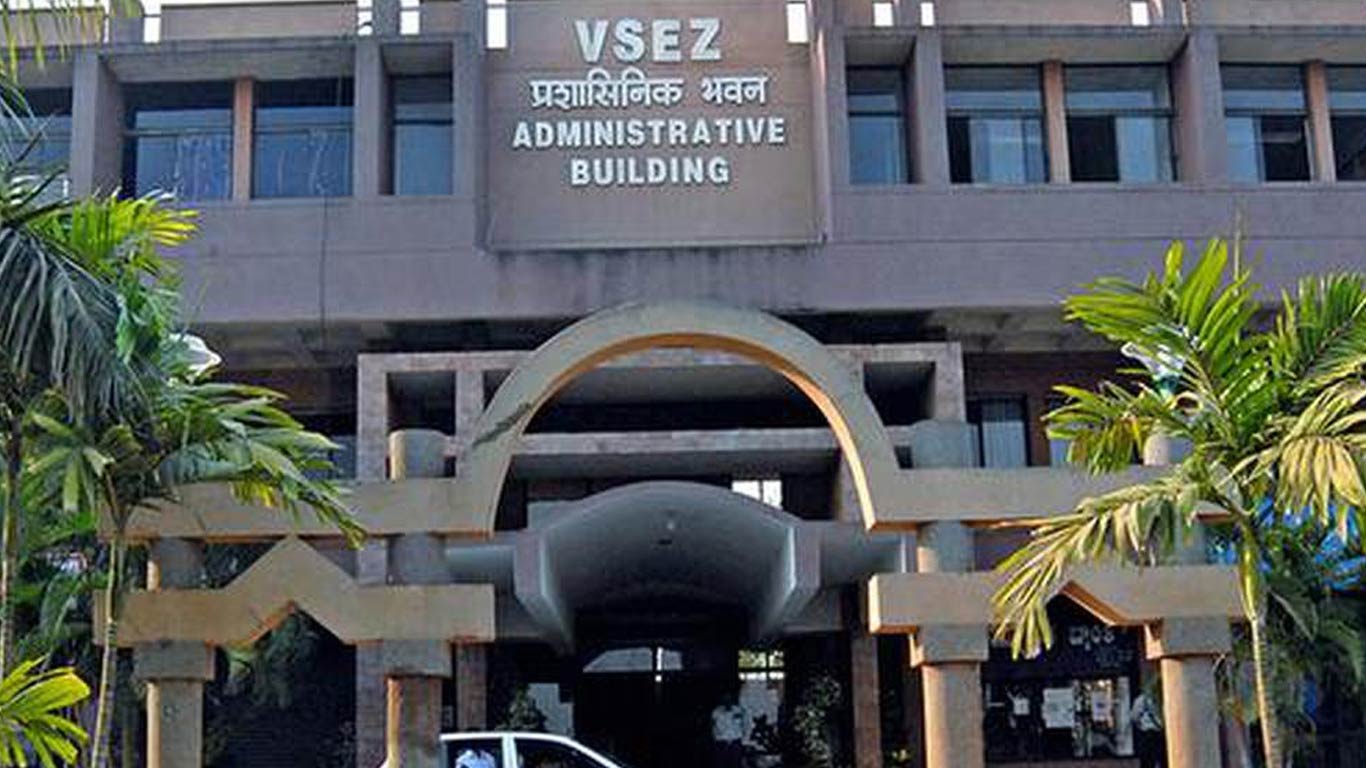All accidental deaths in factories not ‘culpable homicide’; Raj Govt orders to stop harassment of owners
Updated: Jun 28, 2017 10:06:38am

All accidental deaths in factories not ‘culpable homicide’; Raj Govt orders to stop harassment of owners
Jaipur, June 28 (KNN) Rajasthan, which has taken a lead in setting example for other states with regards to labour laws and other landmark initiatives, has once again shown way to many others.
Taking note of the harassment that a factory owner has to go through in case of industrial accidents leading to deaths, Rajasthan Government has decided not to declare the accident as “Culpable Homicide” under Section 304 of IPC without conducting proper investigation.
Talking to KNN, Deepak Upreti, Principal Secretary, Department of Home, Government of Rajasthan, said, “An order in this regard has already been issued.”
Explaining the gist behind the order, Upreti said, “We just wanted to ensure that in case of accidental deaths in factories/ industries, thorough investigation should be conducted before blindly declaring it as a culpable homicide.”
Till now, we had a provision of registering a case of Culpable Homicide in case of accidental deaths without even applying minds. This should not be done, the senior official stated.
In an advisory, Upreti brought the issue to the notice that in case of industrial accidents, a case is registered against an entrepreneur routinely under Section 304 of IPC.
This, he said, was a huge setback for entrepreneurs and creating disappointment amongst them which is not at all good for industrial development.
Hence, he advised that in case of death due to industrial accidents, instead of rashly registering a case under section 304, a case should be registered under section 304 A which should be properly investigated.
Naveen Jain, Muzaffarnagar, UP based MSME entrepreneur, told KNN that same situation prevails everywhere across India where industrialists have to face harassment in case of accidental deaths.
Jain said, “Other states should take cue from Rajasthan and issue Advisory in this regard. Rather, the Centre should issue an advisory in similar line.”
Explaining the situation, Jain said in case of accidental deaths, the administration registers a case of Culpable Homicide and the Trade Unions too come to harass the entrepreneurs.
The industrialists either have to pay heavy bribes to get away with the case or have to go through lot of harassment, Jain pointed.
The original Indian Penal Code, 1860 had no provision providing punishment for causing death by negligence. Section 304-A was inserted in the Code in 1870 by the Indian Penal Code (Amendment) Act, 1870.
This section did not create a new offence but was directed towards the offences which fall outside the range of section 299 and 300 of the Indian Penal Code, 1860 (herein after referred as I.P.C.) when neither intention nor knowledge to cause death is present.
According to Section 304A - Causing death by negligence - Whoever causes the death of any person by doing any rash or negligent act not amounting to culpable homicide shall be punished with imprisonment of either description for a term which may extend to two years, or with fine, or with both.
The provisions of this section apply to cases where there is no intention to cause death, and no knowledge that the act done in all probability would cause death.
The Supreme Court has clarified that the section 304-A of I.P.C. is applicable only when death is caused due to rash and negligent act of the accused, which is an essential element to attract said provision.
This section deals with homicide by negligence and covers that class of offences, where death is caused neither intentionally nor with the knowledge that the act of the offender is likely to cause death, but because of the rash and negligent act of the offender.
This clause limits itself to rash and negligent acts which cause death, but falls short of culpable homicide of either description.
When any of the two elements, namely, intention or knowledge, is present this section has no application. (KNN Bureau)











